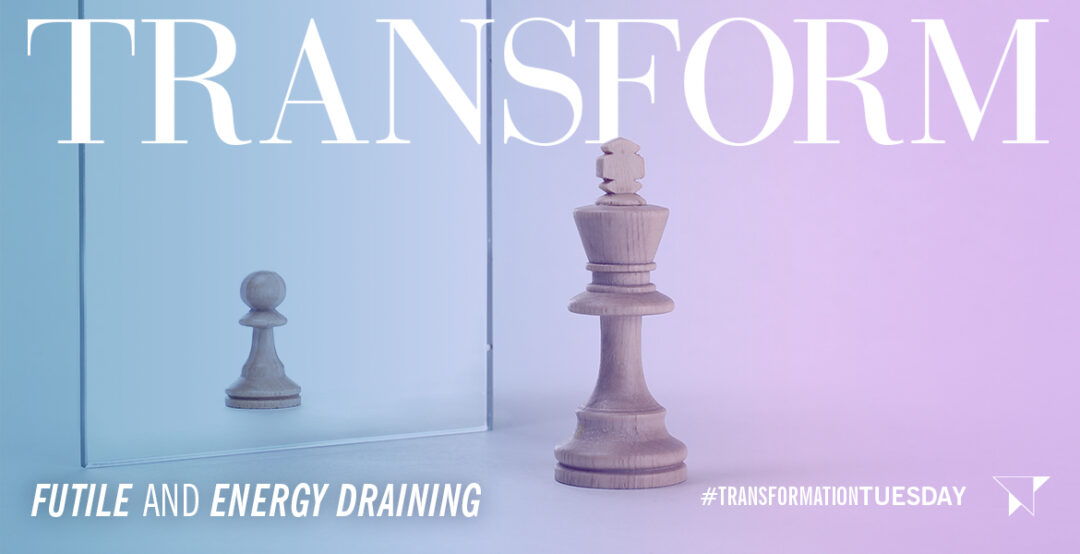“We all have issues, as well as undesirable qualities or traits that we don’t like about ourselves. Most of us realize that we are not perfect and that it is natural to have unpleasant thoughts, motivations, desires, or feelings. However, when a person does not acknowledge these, they may ascribe those characteristics to someone else, deeming other people instead as angry, jealous, or insecure. In psychological terms, such blaming, and fault finding is called projection.” (DailyOM, 21 June 2022)
While reading this quote, I thought about how I often engage in projection and how futile and energy draining it is. As an Enneagram 9, my habitual thinking pattern can go very easily into projecting what other people are thinking. It happens so quickly sometimes that I miss what’s going on and the cues that could shift how I am showing up at that moment.
For instance, just recently I was working with someone whose behavior I labeled as angry. She was saying mean things about another person and acting in a way I had never seen before, and I instantly went into trying to shift her attention to not being angry. My assumption was that it wasn’t okay for her to be like that and I had to help her stop it. All my attention was on her, but upon a few moments of reflection, I realized that while she may have been angry, I also was actually angry at her for being angry. I didn’t want to feel angry, so I had unconsciously made my response all about her anger. I was putting my energy into taking responsibility for stopping her anger so that I could feel more “peaceful” with her and thus avoid looking at my own anger and its real cause.
It isn’t just Type 9s who have this tendency to project. All 9 Enneagram types engage in projection, yet what causes each type to project and the thinking, feeling, and behavioral patterns that go with it differ. Projection can be difficult to recognize because it is often an automatic, habitual pattern, happening before we become conscious of it. For example, we may be projecting when we are finding fault, judging, or assuming the intentions of another person. Projection may also be occurring when we experience a situation to which we have a very strong reaction that causes us to behave in a certain way and attribute the feelings we are having to another person or situation.
Projection is an avoidance strategy — it keeps us from being honest with ourselves, and, ultimately, keeps us stuck in thinking, feeling, and behavioral patterns that get in the way of greater freedom, satisfaction, and happiness in our work, relationships, and life.
We invite you to consider the concept of projection this week. Notice when your attention is on the other person and you are assuming what someone is thinking or how someone is feeling. Take a moment to pause and ask yourself, “What do I think/feel about this?” Don’t rush away or discount what you are thinking or feeling — stay with it and take time to listen to what is going on in you.
In my situation, I took time to acknowledge to myself that I was angry and figured out what I really was angry about (it wasn’t this individual). I then listened to myself about what I needed to do to deal with what I was feeling. As a result, when I had a meeting with this individual, I showed up more grounded and was able to listen, be present to her, and engage in a productive conversation.
Let us know how your exploration of projection goes, and as always, we’re here to help if you want to sort through things with someone.
Theresa Gale
PRINCIPAL, TRANSFORM, INC.




